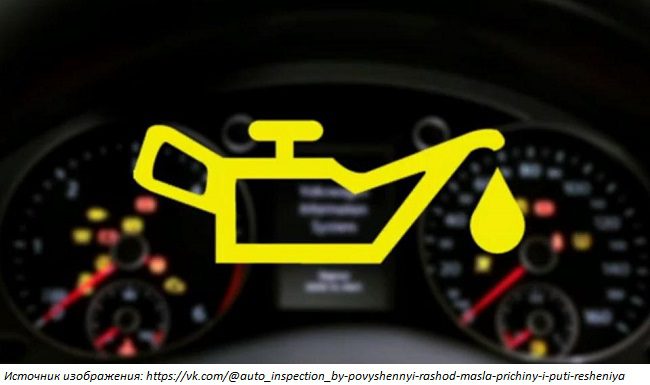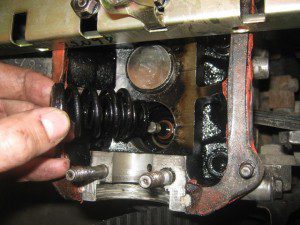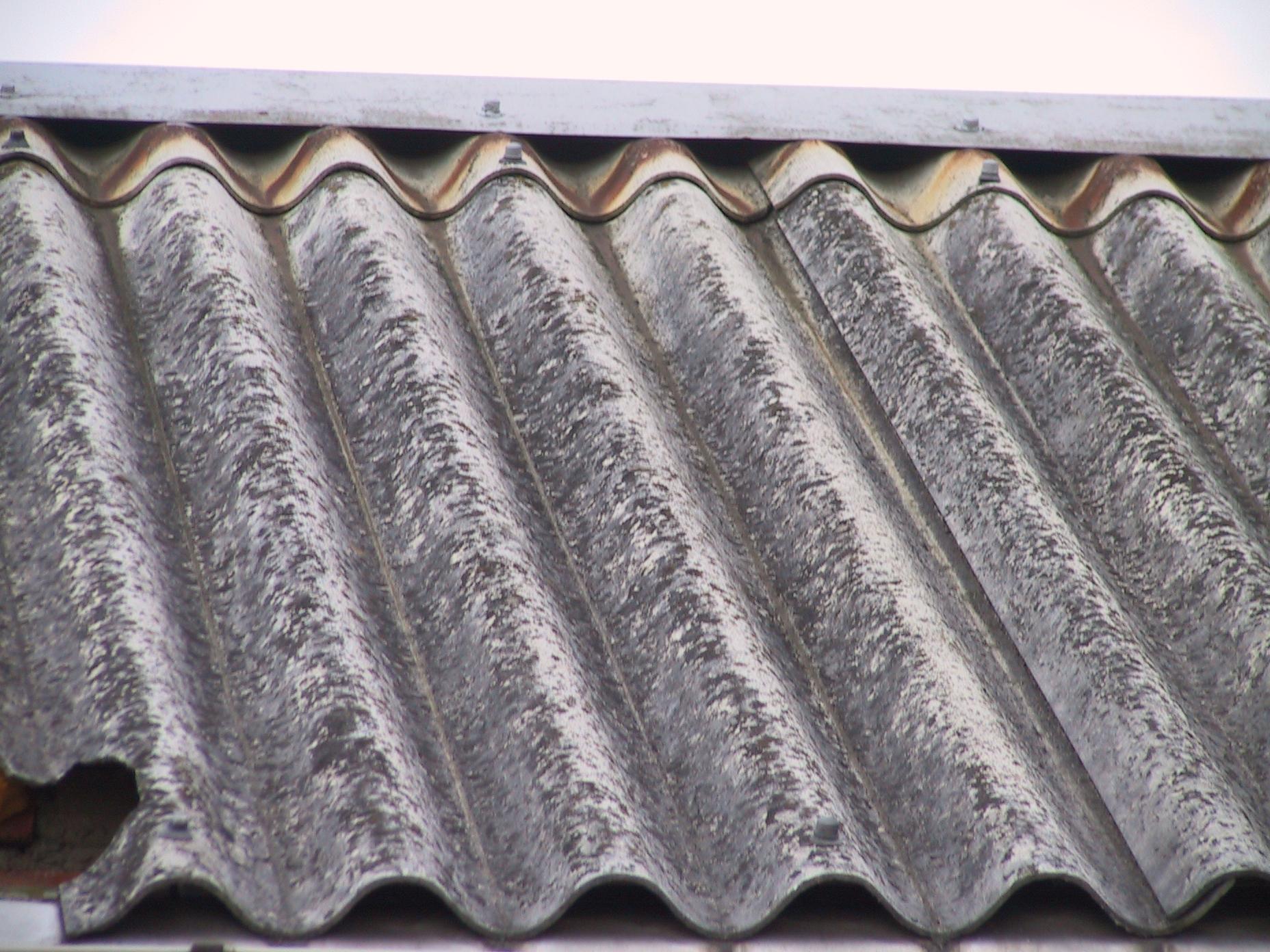
Causes of increased engine oil consumption
 The problem of increased oil consumption very often worries the owners of those cars whose mileage is already quite large after purchase or overhaul. But even on new cars, the engine often starts to consume too much oil. To understand the reason for this, let's first break down a little theory on the subject.
The problem of increased oil consumption very often worries the owners of those cars whose mileage is already quite large after purchase or overhaul. But even on new cars, the engine often starts to consume too much oil. To understand the reason for this, let's first break down a little theory on the subject.
For domestically produced cars, such as VAZ 2106-07, or later releases 2109-2110, the allowable oil consumption during engine operation is 500 ml per 1000 kilometers. Of course, this is the maximum, but still - it is clearly not worth considering such an expense as normal. In a good serviceable engine from replacement to oil change, many owners do not top up a single gram. Here is a great indicator.
The main reasons why the internal combustion engine is excessively consuming oil
So, below will be a list of the reasons why the car engine starts to eat oil too quickly and in large quantities. I would like to note right away that this list is not complete and is made on the basis of the personal experience of many experienced owners and specialists.
- Increased wear of the piston group: compression and oil scraper rings, as well as the cylinders themselves. The gap between the parts becomes increased, and in this regard, oil begins to flow in relatively small quantities into the combustion chamber, after which it burns along with gasoline. On the exhaust pipe with these symptoms, you can usually see either strong oil deposits or black deposits. Overhaul of the engine, replacement of parts of the piston group and boring of cylinders, if necessary, will help to eliminate this problem.
- The second case, which is also quite common, is the wear of valve stem seals. These caps are put on the valve from the top side of the cylinder head and prevent oil from entering the combustion chamber. If the caps become leaky, the flow rate will increase accordingly and the only solution to this problem will be to replace the valve stem seals.
- There are times when everything seems to be fine with the engine, and the caps are changed, but the oil both flew away and flies into the pipe. Then you should pay special attention to the valve guides. Ideally, the valve should not hang out in the sleeve and the gap should be minimal. If the backlash is felt by hand, and especially strong, then it is urgent to change these same bushings. They are pressed into the cylinder head and it is not always possible to do this at home, although most succeed.
- Oil leakage from oil seals and gaskets in the engine. If you are sure that everything is fine with the engine, and you cannot understand why the oil is leaving, you should pay attention to all the gaskets, especially on the sump. And also check the oil seals for leaks. If damage is found, the parts must be replaced with new ones.
- It is also worth bearing in mind that driving style directly affects how and how much oil your engine will eat. If you are used to a quiet ride, then you should not have problems with this. And if, on the contrary, you squeeze everything that it is capable of out of your car, constantly operate it at increased speeds, then you should not be surprised at the increased oil consumption.
These were the main points to consider if you suspect that your ICE's appetite for fuel and lubricants has increased. If you have had other experience, then you can leave your comments below to the article.
